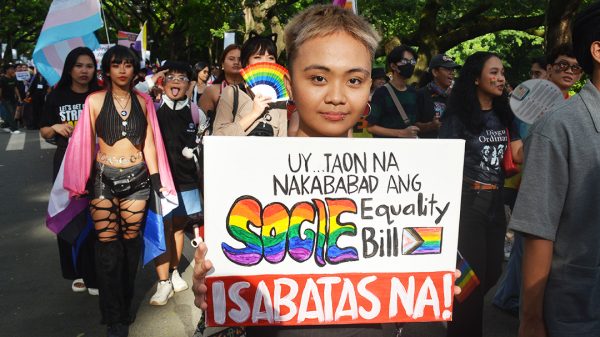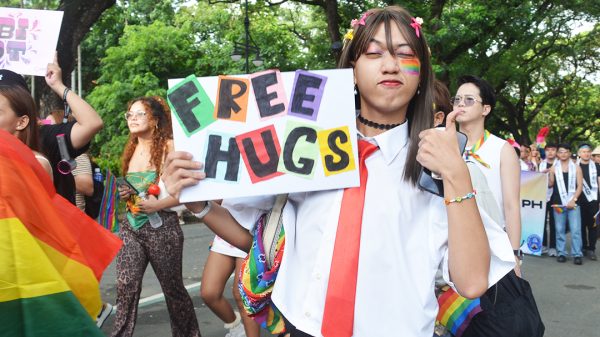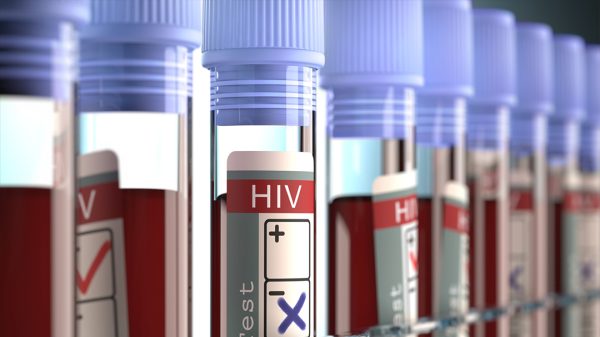Just knowing lesbian, gay and transgender (LGT) people is not enough in the development of supportive attitudes toward LGT people; and actual social contact with them is more important in understanding them. This is according to a study done by Meredith G. F. Worthen, “Social Contact, Social Distancing, and Attitudes Toward LGT Individuals: A Cross-Cultural Study of College Students in the United States, Italy, and Spain,” which was published in the Journal of Homosexuality.
In the study, Worthen examined how measures of social contact and social distancing relate to attitudes toward lesbian, gay and transgender individuals. Worthen used a scale she developed and data from college students in the US (Oklahoma and Texas), Italy and Spain to offer the first cross-cultural comparisons of attitudes toward transgender people in the US and European Union. The goal was to develop a more in-depth understanding of global LGT prejudices and to promote future research that better counteracts negative prejudices toward these groups.
This study suggests that especially in liberal cultural climates, simply knowing a gay or lesbian person may no longer serve as a correlation of supportive attitudes toward LGT people. Instead, desired social contact may be a more salient measure of understanding attitudes toward gays and lesbians in both conservative and liberal cultural climates. In contrast, because a minority of Americans and Europeans indicate they know a transgender person, actual social contact may still correlate with attitudes toward and desired social contact with transgender people in both conservative and liberal cultural climates.
“The findings suggest that measures of desired social contact with LGT people are more strongly related to LGT support than simple measures of knowing LGT people. This is likely because more and more people know LGT people than in the past. But as demonstrated in this study, these patterns differ based on cultural climate and by stigmatized group (lesbian, gay or transgender),” said Worthen.
While there is a great deal of variation in attitudes toward LGT people across the globe, the US and the European Union have been actively working toward more support of LGT people in the past decade. Even so, “cultural tensions remain high, and in certain parts of the US and the European Union, negative attitudes toward and public support of LGT issues persist.”
This study also showed some locations are especially supportive, while others have yet to adopt widespread policies that support LGT people. In the US, Oklahoma is known for its conservative perspectives, while Texas has ‘liberal pockets’ that support LGT issues. In the European Union, Italy is dominated by traditional cultural attitudes, while Spain was among the first locations in the world to recognize same-sex marriage. In addition, most Americans and Europeans know someone who is gay or lesbian, but a smaller percentage know someone who is transgender.































































